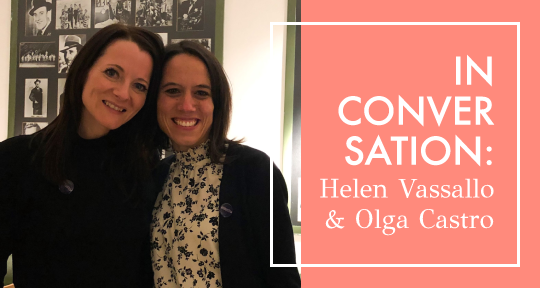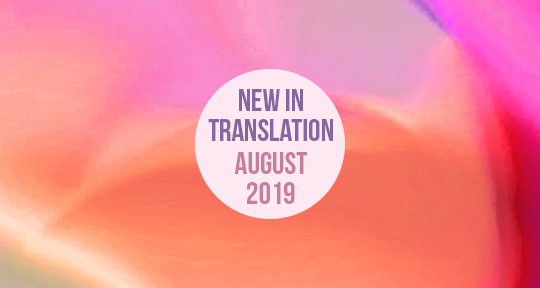The controversial decision to award the 2019 Nobel Prize in Literature to Austrian writer Peter Handke sparked much criticism of the Swedish Academy’s choice. Due to the postponement of the 2018 ceremony, Handke was awarded alongside the 2018 laureate, Polish author, activist, and committed proponent of tolerance, Olga Tokarczuk. Handke’s win was widely denounced around the world, and especially in the Balkans, because of his support for Slobodan Milošević. Whilst Tokarczuk’s win was lauded, many Bosnian writers and journalists, all genocide survivors, expressed disappointment in both her acceptance of the prize in his presence and, above all, in her silence. In this essay, Bosnian writer Kenan Efendić discusses Tokarczuk’s position in this Nobel controversy and considers the writer’s role in speaking out against injustice.
In the poem “The Power of Taste,” Polish poet Zbigniew Herbert disassembles and simplifies the intellectual ethics of serving a regime and pandering to the majority. This master of irony cut down the whole dialectics of intellectual autonomy, higher goals, comfort, and ethics—to a matter of taste.
The poem is dedicated to Izydora Dąmbska, a philosopher and professor, whose scientific and academic career would be marked and obstructed by her decision not to accept the Marxist religion and to demand the autonomy of teaching philosophy in (then) communist Poland. This happened twice: first, immediately after WWII when the country was de facto ruled by the Soviets; second, in the 1960s, when the home-brewed communist elite had already come into power. Another typical story from the totalitarian universe of the twentieth century by its form—yet a particular and unique act when measured by the courage and taste of a personal decision. READ MORE…









